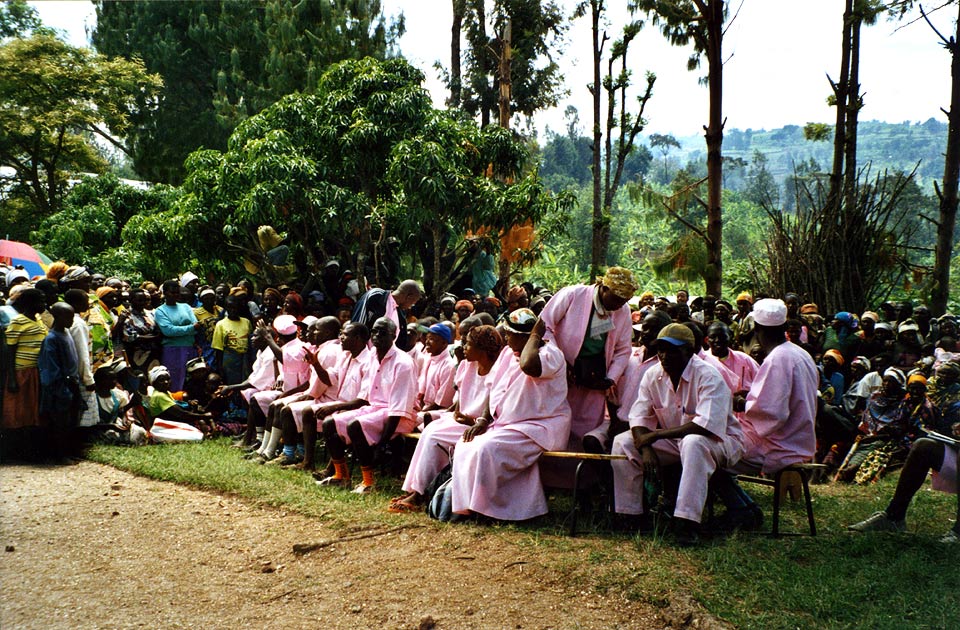Genocide on Trial. Witnessing and Evidence at Rwanda's Gacaca Courts and the International Criminal Tribunal for Rwanda

Abstract
Genocide on Trial investigates the everyday of witnessing at Rwanda’s Gacaca courts and contrasts its findings with the process of witnessing at the International Criminal Tribunal for Rwanda (ICTR). The Rwandan Gacaca courts have attracted considerable academic attention ever since the courts began their work in 2002, yet we still know little about the role witnesses played in the collection of evidence and in the trials themselves. In this paper, I ask: who were the witnesses at Gacaca? What role did survivors play? How were their testimonies used in the decision-making process of the Gacaca judges? In answering these questions, I aim to establish a typology of witnesses at Rwanda’s Gacaca courts and explore how these different forms of evidence gathering and witness testimony – at the ICTR and Gacaca - recount and reshape our (legal) understanding of the atrocities committed. In doing so, I draw upon numerous interviews with former Gacaca judges conducted throughout Rwanda between 2017 and 2018. This research is generously supported by the Leverhulme Trust Fund.
Bio
Julia Viebach is a Leverhulme Trust Early Career Fellow at the Centre for Criminology at University of Oxford. Previously she held a position as Career Development Lecturer and as Oxford Transitional Justice Postdoctoral Research Fellow at the Centre. Before she came to Oxford, Julia was a Research Fellow at the Centre for Conflict Studies at University of Marburg, Germany where she obtained her PhD in 2013. Julia’s research interests revolve around memory, archives, witnessing, testimony and victims in transitional justice with a focus on post-genocide Rwanda. Her Leverhulme project compares and explores the archival narratives of the ICTR and the Gacaca archives to reveal how the crimes are narrated and in what ways themes such as body, trauma and dignity emerge in the archival texts.

